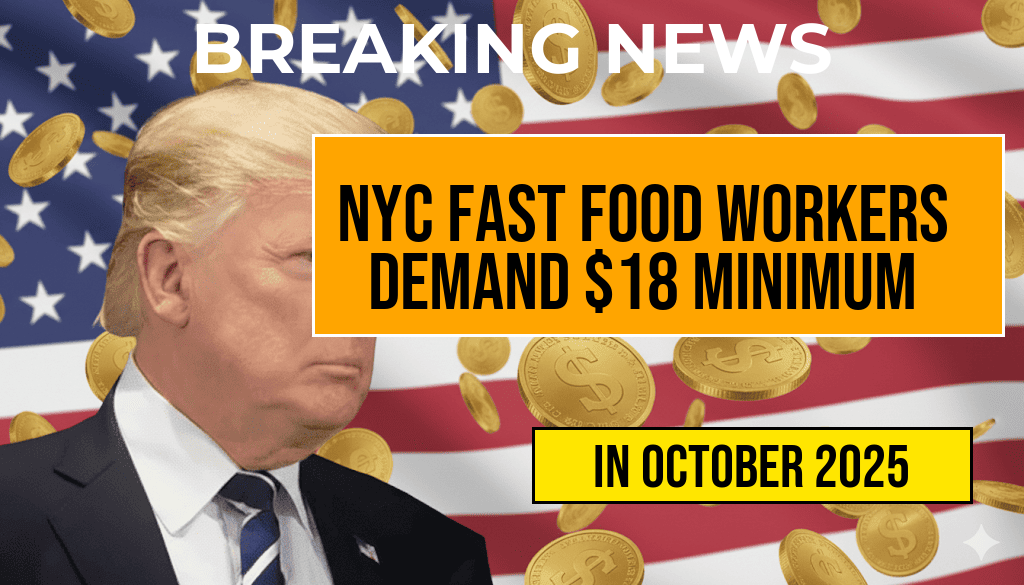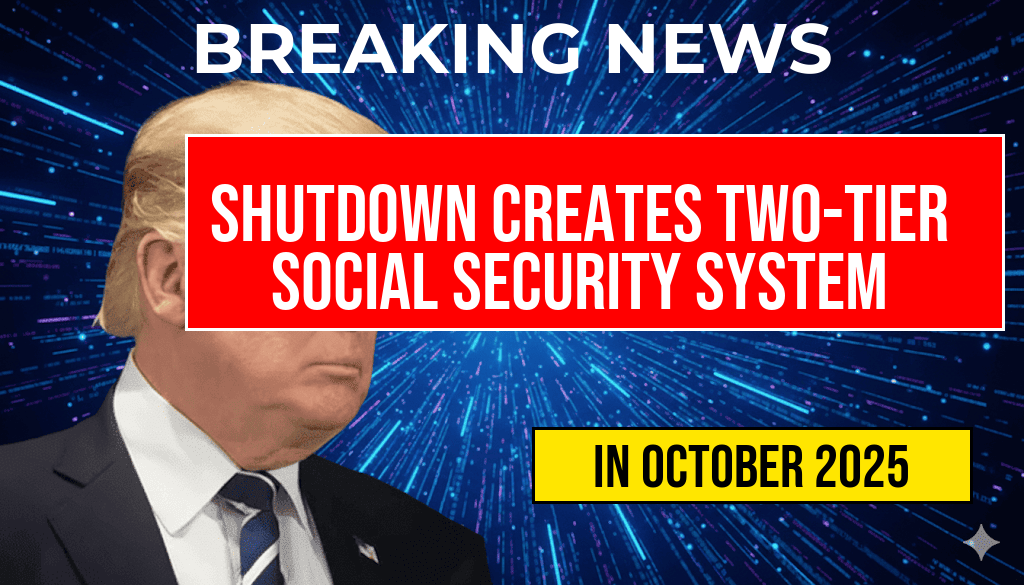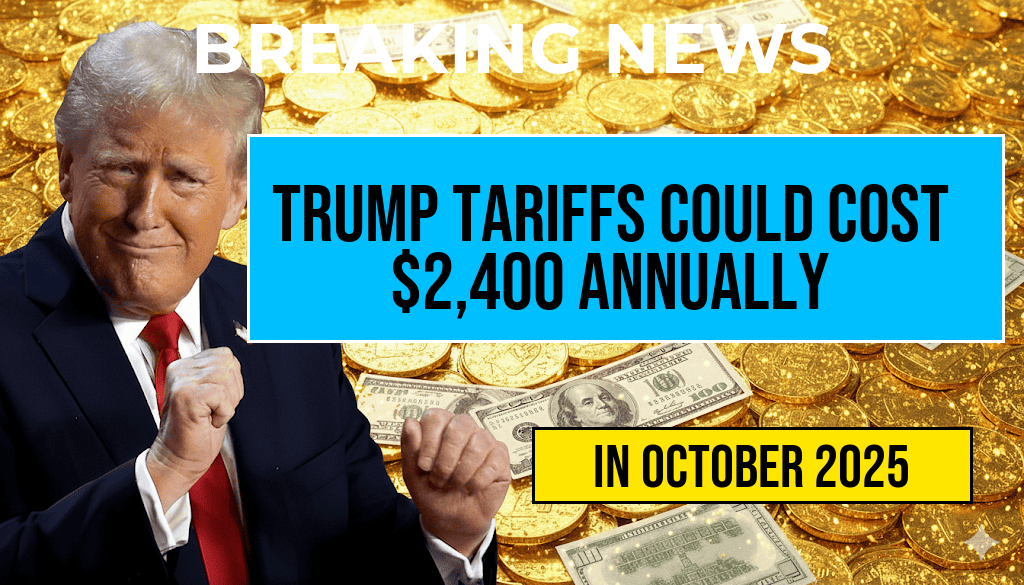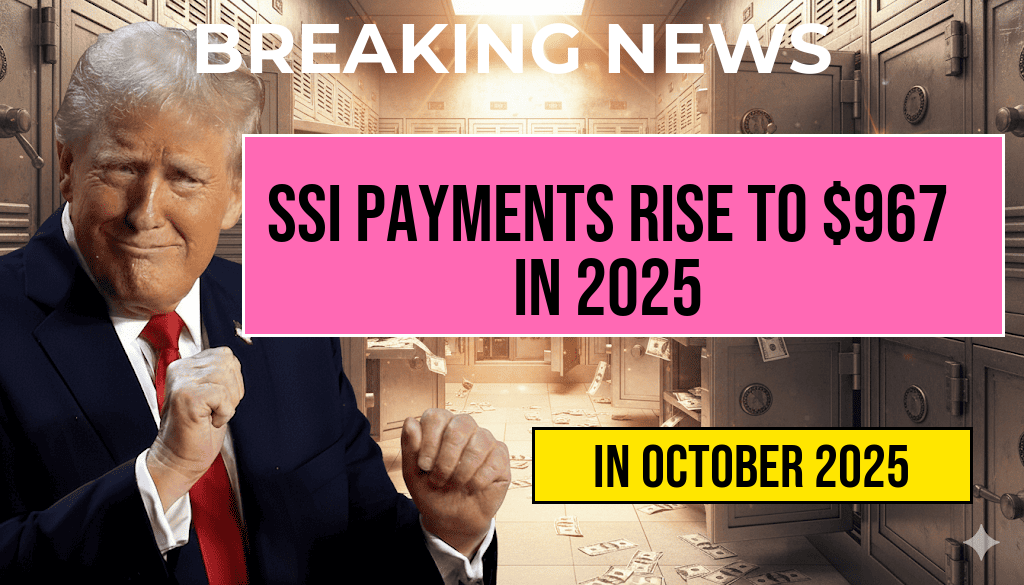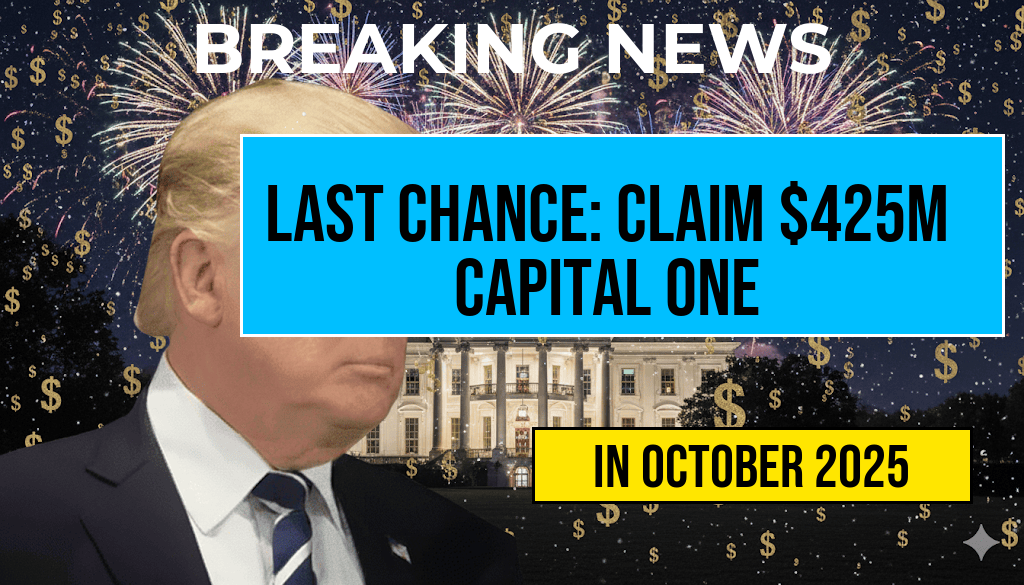Fast Food Workers in New York City Launch Campaign for $18 an Hour Minimum Wage
Employees across several prominent fast food chains in New York City have organized a campaign calling for a significant increase in their minimum wage to $18 an hour. The push, spearheaded by local labor activists and worker advocacy groups, aims to address ongoing economic challenges faced by frontline workers amid rising living costs. With a coalition of workers from major brands including McDonald’s, Burger King, and Wendy’s, the campaign emphasizes fair compensation aligned with the city’s increasing expenses and the vital role these employees play in the city’s bustling economy.
The movement arrives at a pivotal time as New York City grapples with inflationary pressures, housing costs, and the residual economic impacts of the COVID-19 pandemic. Advocates argue that current wages lag well behind the cost of living, forcing many workers to juggle multiple jobs or rely on public assistance. The campaign’s organizers are calling on city officials and major fast food corporations to commit to a phased wage increase, with a target of reaching $18 an hour within the next two years.
Background and Context of Wage Disparities
While New York City’s minimum wage has seen incremental increases over recent years, critics contend that these adjustments have not kept pace with inflation or the rising costs of housing, transportation, and healthcare. According to recent data from the New York State Department of Labor, the current minimum wage in NYC is $15 an hour for large employers, but many workers report earning less due to tipped wages and inconsistent hours. This discrepancy has fueled calls for a more comprehensive wage policy that reflects the true expenses faced by frontline employees.
Historically, fast food workers have organized around issues of wage justice, recognition of their contributions, and improved working conditions. The Fight for $15 movement, initiated in 2012, has been instrumental in pushing for higher minimum wages nationwide, including in New York. Now, as the cost of living continues to escalate, workers seek to build on this momentum by advocating for a more substantial, livable wage threshold.
Details of the Campaign and Worker Demands
| Demand | Description |
|---|---|
| $18 an hour minimum wage | Gradual increase to ensure sustainable wage growth for fast food workers in NYC. |
| Paid sick leave | Guaranteed paid sick days for all employees to promote health and safety. |
| Fair scheduling practices | Advance notice of work schedules and limits on last-minute shift changes. |
| Union recognition | Support for worker organizing efforts within fast food establishments. |
Organizers have initiated a series of protests and petitions targeting corporate headquarters, urging executives to prioritize wage increases and better working conditions. The campaign also emphasizes the importance of union protections, arguing that collective bargaining can lead to more sustainable improvements for workers.
Reactions from Business and Political Leaders
Major fast food chains have largely maintained a stance emphasizing market competitiveness and operational costs. A spokesperson for a leading franchise owner stated, “We recognize the dedication of our employees and are committed to fair wages, but we must balance this with economic realities and customer affordability.” Conversely, labor advocates dismiss these arguments, asserting that profits have soared in recent years while wages stagnated.
City policymakers have shown varying levels of support. New York City Council Speaker Adrienne Adams indicated openness to discussions about living wages and worker protections but emphasized the need for a balanced approach that considers economic sustainability for businesses. Meanwhile, Mayor Eric Adams has expressed support for wage increases but has not committed to the specific $18 per hour figure proposed by workers.
Implications for the City’s Economy and Policy Landscape
The campaign highlights ongoing debates about income inequality and economic justice within New York City. Experts suggest that raising wages for fast food workers could have broader ripple effects, potentially influencing wage standards across other low-wage sectors. A study published by the Wikipedia entry on wage labor notes that higher wages can contribute to increased consumer spending, which benefits local economies but also poses challenges for small business profitability.
Advocates argue that a higher minimum wage would reduce reliance on public assistance programs, improve worker morale, and stimulate economic activity through increased purchasing power. Critics, however, warn about potential impacts on employment levels and prices, emphasizing the need for careful policy design.
Looking Ahead: Next Steps and Potential Outcomes
The campaign has scheduled a series of rallies in the coming weeks and plans to escalate efforts if corporate negotiations stall. Worker groups are also exploring legal avenues to advocate for legislative changes at the city and state levels. The outcome of these efforts could set a precedent for other cities grappling with similar wage concerns.
As the debate unfolds, the core issue remains clear: balancing economic sustainability with the dignity and livelihood of those who keep the city moving daily. The push for an $18 an hour minimum wage underscores a broader push for economic equity and recognition of essential workers’ contributions in a city that prides itself on resilience and opportunity.
Frequently Asked Questions
What is the main goal of the New York fast food workers’ campaign?
The primary goal of the campaign is to advocate for a $18 an hour minimum wage for fast food workers in New York City to improve their working conditions and financial stability.
Why are fast food workers in NYC demanding a higher minimum wage?
Fast food workers in NYC are demanding a higher minimum wage to address low pay, economic insecurity, and to ensure they can afford basic living expenses in a costly city.
How is this campaign impacting the local fast food industry?
The campaign has increased awareness and pressure on fast food chains and policymakers to consider wage increases, potentially leading to changes in industry standards and labor policies.
What strategies are the workers using to promote their cause?
Workers are organizing protests, engaging in public campaigns, and collaborating with labor unions to raise awareness and push for legislative changes.
What are the potential benefits of increasing the minimum wage to $18 an hour?
Increasing the minimum wage to $18 an hour can lead to improved economic security for workers, reduce income inequality, and promote a more equitable and stable workforce in NYC.

